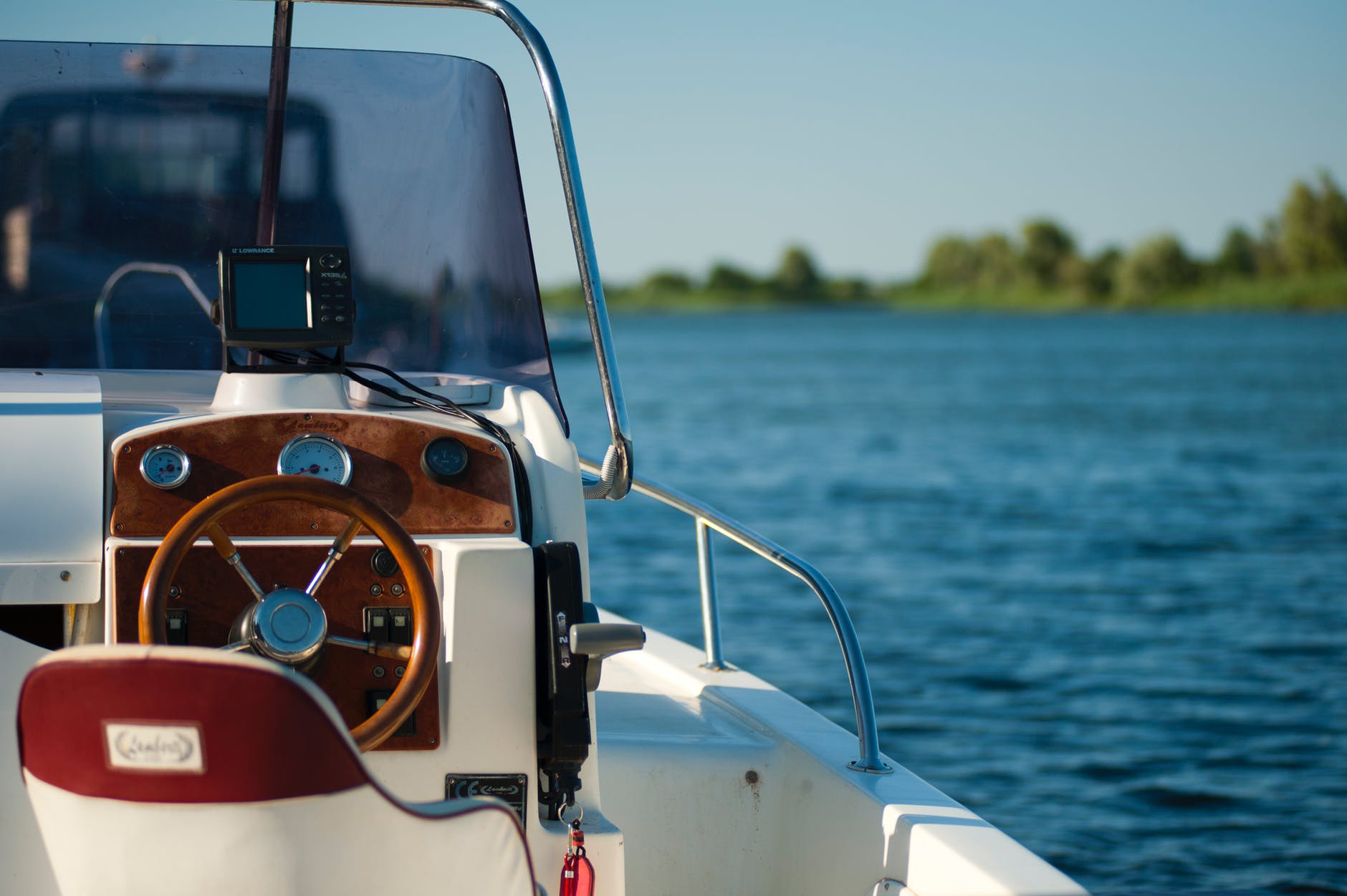Don’t Let Boat Rust Keep You Anchored This Summer

Don’t Let Boat Rust Keep You Anchored This Summer
Preventing boat rust isn’t solely about ensuring your ship shines. It’s about the assurance it stays seaworthy and protecting your investment.
Beyond just being unsightly, boat rust and corrosion can spring a huge leak in your bank account because, as noted by BoatUS Magazine, the majority of boat insurance policies expressly exclude coverage for this type of damage – even if a boat sinks from corrosion-damaged thru-hull fittings.
What’s more, boat rust a safety issue. More than one boat crash has been attributed to failed corroded steering fitting.
One of the best shipmates a recreational seafarer can ask for is a Vapor Corrosion Inhibitor. Zerust produces VCI Capsules for Boats designed specifically to guard against rust and corrosion damage to boats, which are are under constant assault from the elements as well as the risk of galvanic corrosion. Electrical systems, motor and propeller are among the vessel components most prone to corrosion and rust damage.
Top Causes of Boat Rust and Corrosion
So much misinformation abounds about the naturally-occurring processes of boat rust and corrosion. Boat-owning mariners must take time to get a handle on what hey are how best to combat them.
Both rust and corrosion are chemical reactions – the former involving metal exposure to moisture and oxygen and the latter typically due to one metal’s contact with another. Some boat owners may battle both. The type of “rust war” you’re waging generally boils down to:
- The type of metal(s) involved;
- The environment in which the boat is used;
- The care used in vessel storage.
Let’s start with aluminum.
Boating Magazine reports that in a single recent year, U.S. boaters purchased more than 77,000 boats made of aluminum. That doesn’t even include the many non-motorized personal watercraft, such as canoes, made with the material.
Aluminum is a desired material for both military and recreational boats because it’s inexpensive, light and it does not rust the way steel and iron do. However, aluminum is susceptible to galvanic corrosion, an electrochemical reaction caused by proximity to other chemicals. In fact, aluminum is particularly vulnerable to breaking down when in contact with other metals in saltwater.
Protecting aluminum vessels starts with manufacturing, and ensuring aluminium components of a boat aren’t in proximity to other corrosive active elements. There are also protective coating paints one can apply to help ward off underwater galvanic corrosion. Owners of aluminium boats need to be especially cautious before placing them in saltwater.
For maximum protect, Zerust high-performance Vapor Corrosion Inhibitor capsules provide a non-toxic, protective vapor seal against corrosion within a 1-to-6-foot enclosed area. (Larger areas can be protected with multiple VCI capsules.) This can shield electrical components on board, but it’s also a smart idea to install these cost-effective boat capsules to protect the vessels while it’s in storage.
Now let’s talk stainless steel.
Stainless steel is another popular boat-making material, but whoever named it “stainless” was likely an eternal optimist because the reality is: Steel boat rust is real, as steel is reactive when hit with the combined elements of water and oxygen.
The good news is a fair amount of marine-grade stainless steel is high-quality and designed to reduce boat rust and corrosion, particularly with prevention of pitting, which can be disastrous for a steel boat in saltwater. Stainless steel made with higher chromium content will fare better.
However, many boaters with stainless elements like screws exposed to damp deck cores have discovered a type of corrosion known as “crevice corrosion,” which can cause substantial weakening. Some boat owners are caught completely by surprise when they find out a fastener they thought was stainless steel is in fact zinc or cheap-plated steel, in which case they’ll soon note rust rot. A good test of whether your boat has a solid, high-grade stainless steel fittings is whether those components are attracted by magnets. If they do, that’s not a good sign. Those fittings are typically not what you want on your boat.
Combat Boat Rust and Corrosion With Zerust VCI
Zerust VCI capsules to prevent boat rust and corrosion are an inexpensive and effective way to provide top quality protection for your vessel.
If you have questions about the proper type, size and use of Zerust VCI boat rust capsules, our friendly, knowledgeable team of rust prevention experts is here to help.
Contact Zerust for information on Vapor Capsules and boat rust prevention by emailing us or calling (330) 405-1965.
Additional Resources:
Protecting Aluminum Boats From Salt Water Corrosion, Feb. 12, 2013, By David Seidman, Boating Magazine
Ten Boating Myths Dispelled, September 2008, By Charles Fort, Boat U.S. Magazine
More Blog Entries:
Zerust Boat Rust Prevention Keeps Corrosion at Bay, May 15, 2018, Zerust Boat Rust Prevention Blog




